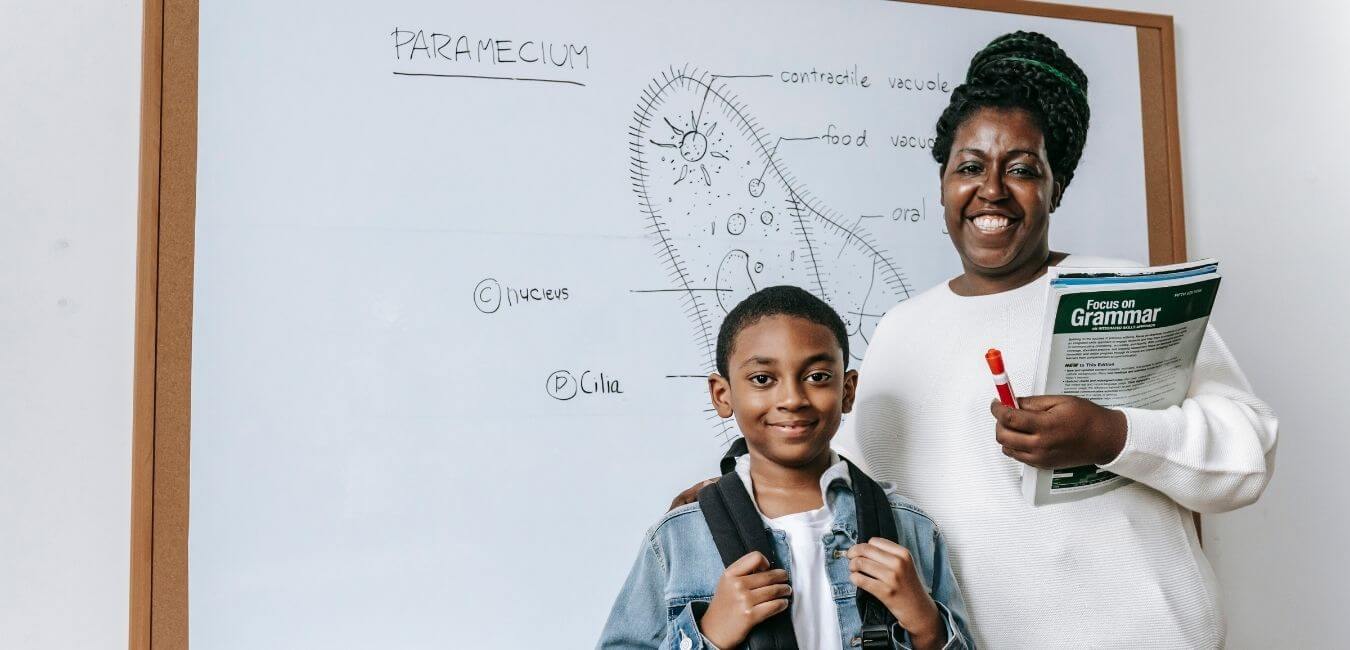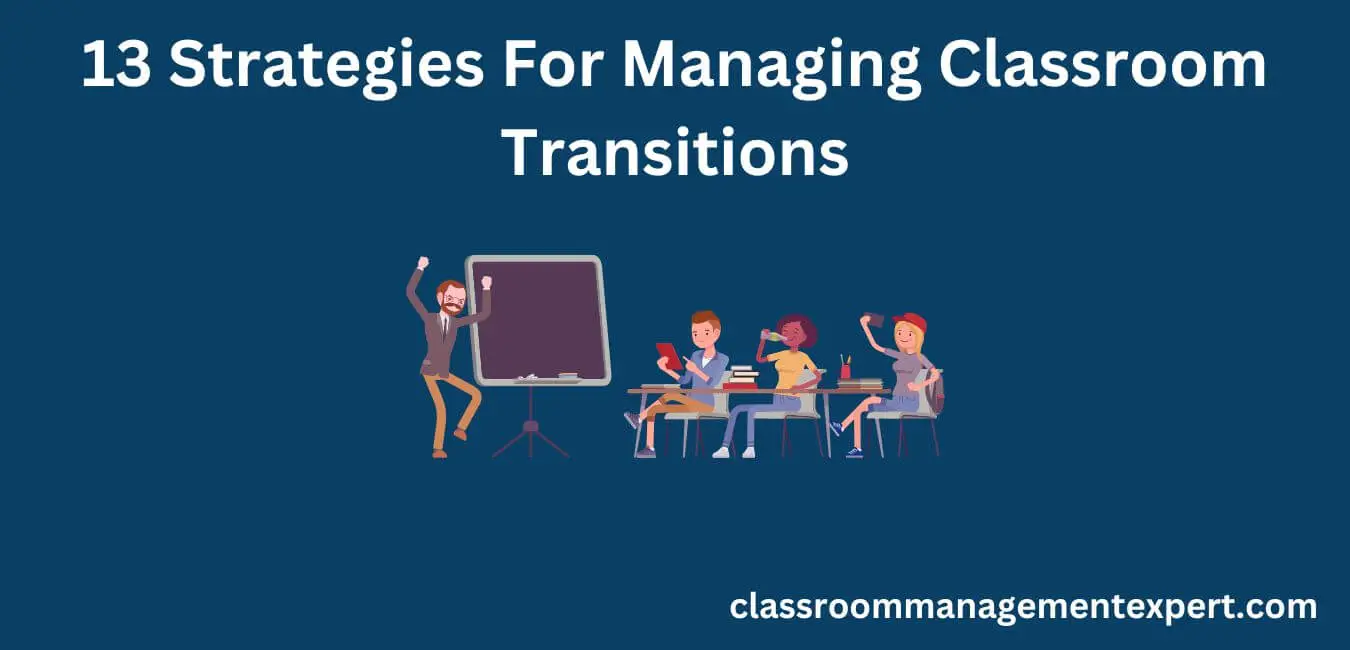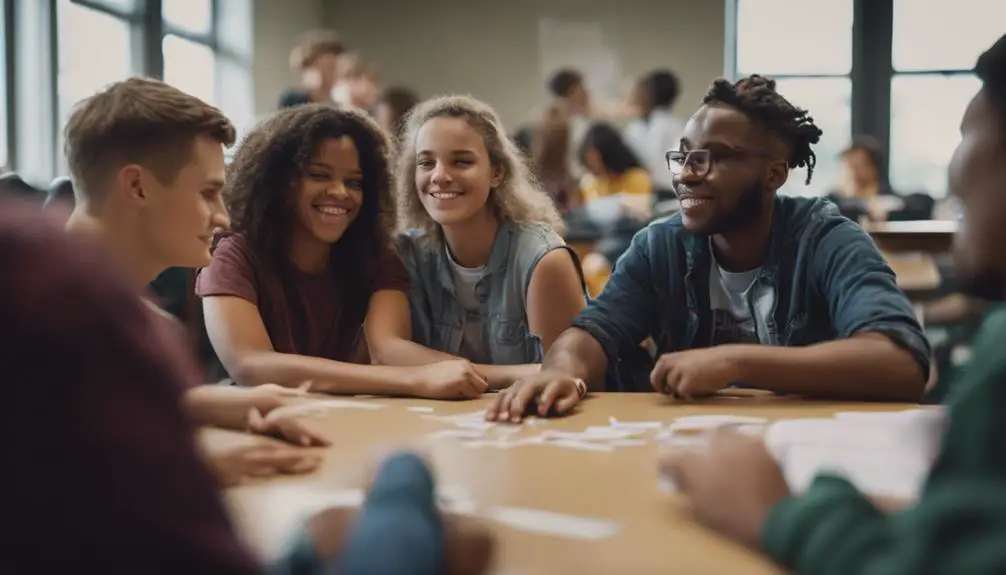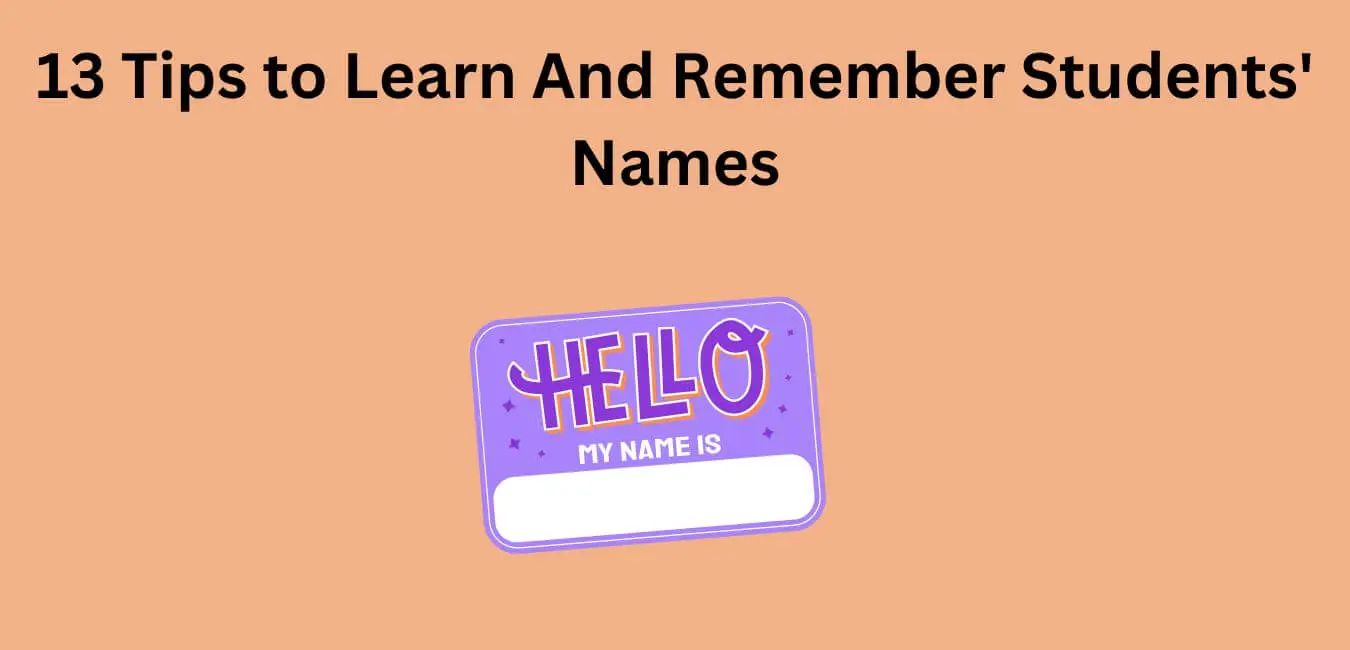Teaching is a difficult job. It’s also one of the most rewarding jobs out there, but it can be really hard to know if you’re making progress with your students. How do you know if they like you? If they think your lessons are interesting? And what does that mean for their performance in class and on assessments? This blog post will explore some signs that might show your students like you.
The following are some signs that show your students like you:
1. Are well behaved when you enter the room or when they come in.
2. Listen closely during instruction.
3. Enjoy being in your class and don’t want to be somewhere else.
4. Take responsibility for their mistakes.
5. Are engaged in your lessons.
6. Open up to you and share secrets about themselves with you.
7. Want to learn more than what is necessary for your class or are excited to learn more about the subject matter presented in class.
8. Get along well outside of your classroom with each other.
9. Don’t react negatively when they hear mention of future classes or assignments with you.
10. Are excited to learn more about what you have to offer them outside of your class.
Why Is Student-Teacher Relationship Important in Classroom Management?
Classroom management is a very important factor for any educator to consider, and maintaining a positive relationship with students is crucial. It’s not all about punishment and rewards – but rather, taking time to build up relationships and encourage both teachers and students to keep working together towards the common goal of success for everyone involved.
Here are ten reasons why student-teacher relationships are critical in classroom management.
1. Building rapport with students allows them to feel at ease with both you and the learning environment. This will encourage learning to take place without inhibitions or distractions, which can be caused by fear of intimidation or embarrassment, for example.
2. Having a positive relationship with students encourages them to take more responsibility for their own learning. This is in line with the adage that “teaching is not about being popular” but rather, being effective. If you are too strict or too overbearing then, it will be impossible for students to build a rapport with you, which means they won’t be inclined to take responsibility.
3. If you are able to build rapport with students then they will be more likely to respect your requests, which is again in line with the adage that “teaching is not about being popular” but rather, being effective. This is especially true for requests involving things like cleaning up – it’s difficult for students to do something if they don’t respect you, but by encouraging a positive relationship it will be much easier.
4. Building up rapport will encourage students to feel comfortable enough to come and talk to you about issues that could affect their performance or behavior, whether it’s internal problems like stress or anxiety or external ones like bullying or family issues. This is particularly important if you are a new teacher or lack experience in teaching, and will help you to tackle the problem before it becomes unmanageable.
5. By building rapport with students at an early stage, the chances of misunderstandings and unnecessary conflict later on in your relationship with them can be minimized. This will help facilitate the teaching and learning process by reducing distractions, which in turn may also reduce your workload.
6. The relationship you establish with students will determine their perception of you not just as a teacher but also as an authority figure/figure of respect, which has implications for the way they respond to future requests or demands from you.
7. As well as being more effective, relationship building with students will help to boost your own morale by having more positive interactions which are less stressful than some of the discipline-based ones you might have at times.
8. Good rapport with students is important if you want them to take on more responsibility, such as in the case of buddy reading or peer tutoring. Having a positive relationship with them will help to motivate and encourage students to do these activities more frequently.
9. Being seen as approachable and kind by students is important, not only strategically (it encourages responsibility for example) but also when you need to discipline misbehavior. Having a positive relationship with students can help to ensure that they are receptive to the idea of discipline and less likely to complain or bear grudges.
10. Along with all of this, having a good rapport with students is just plain nice! Why would you not want all of your interactions with another human being to be positive?
What Are the Signs That Your Students Like You?
As a teacher, it’s crucial to be liked by your students. You can’t teach if no one wants to listen.
Your relationship with the class is important for multiple reasons, but mainly because you need them to trust you and respect what you are telling them. If they don’t like you or trust you as their teacher, then you are in for a difficult year. Here are ten signs that show that your students like you.
1. Let’s start with something simple. Your class should be well-behaved. If they’re not, then it could be a sign that they do not respect you or even fear you because you have to resort to yelling and/or punishing them.
2. They should listen to you during class. If they do not take what you say seriously, then either your topic is boring or you haven’t won their respect yet. While this could also mean that they don’t respect you, there are other factors that come into play as well (the quality of the content for study, the delivery of your lesson, etc.).
3. They should enjoy being in your class. If they don’t want to be there, then you have lost them. Why would students go to a subject that they don’t like or that doesn’t interest them? There are only a few instances in which this occurs: if either the topic or your teaching style is a bad fit for their learning style or for the class in general, if you have a very tough time getting them to buy in and be willing to learn about what they are being taught, or if there are other issues going on outside of the classroom.
4. They should take responsibility for their mistakes. If an assignment is returned to them with a low grade and they don’t understand why it might be because of their own inattentiveness or poor-quality work. If they let the assignment go without trying again or making any effort whatsoever to improve leading up to the next assessment, then they do not care about your classes.
5. Make sure that they are engaged in your lessons. If they do not follow along with the lesson or are visibly distracted, then that is a sign that you have lost their attention or worse yet, respect.
6. If students start to open up to you and share things about themselves outside of class, it means that they feel comfortable with who you are. If they do not feel comfortable with you or trust you enough to share their secrets and innermost thoughts, then you have a lot of work ahead of you.
7. See if they want to learn more than what is necessary for your class. If the subject matter interests them and they want to know more than what is within the scope of your course, then they are interested in learning and following instructions. This is a huge plus if you’re a new instructor because their interest will most likely pay off exponentially in terms of their performance on future assessments.
8. See how they interact with each other outside of your classroom. If your students start to hang out together during free time or go out during breaks in the school day, then it’s a sign that they’re getting along and developing connections with one another.
9. If your students start to get excited about learning things outside of your class, this means that they are enjoying their time with you.
10. If they do not react negatively to the mention of future classes or assignments, then it means that they are excited to learn more about what you have to offer. If there is a disconnect between them and the subject, then they will most likely not be interested in learning anything further from you.
If students exhibit these ten signs, then it’s almost certain that they like you as their teacher. However, if none of these signs are present, then it is time to re-evaluate your strategy in the classroom.
How to Gain the Love of Your Students?
You want all your students to love you, don’t you? Well, it’s not an impossible task. Here are ten guidelines that will help you do just that.
1. Relate to Them
Let them know that they can relate to you by talking about common interests and experiences – whether it is sports, pop culture, politics, or just family.
2. Listen to Them
Make sure you have time set aside daily for listening to your students – that could mean during a private conference or just as you walk around the classroom.
4. Appreciate Them
This is so important! Never take their efforts and achievements for granted. Tell them often, through words and deeds, how much you appreciate them.
5. Be Patient with Them
Teaching can be very frustrating – especially if you are working with students who are struggling to not only learn the material but also master new skills. Remember that they are on a journey of self-discovery on which you are conducting little pilgrimages.
6. Give Regular Feedback
It’s vital to provide positive feedback as well as constructive criticism, which will help your students to identify their strengths and weaknesses. Be specific about what they are doing right or what you would like them to do differently. Remember, too, that feedback works best when it is delivered without judgment or bias.
7. Treat Them with Respect
Respect is the foundation of any great relationship. Be respectful of your students, even when you must crack down on them. Always treat them with dignity. That will help to build their self-esteem and confidence.
8. Don’t Judge Them
Never judge your students by the way they look or dress, by what language they speak or by their abilities and disabilities. Everyone brings different experiences to the learning environment.
9. Praise Their Efforts, Not Their Abilities
When you praise your students make sure to tell them specifically what they did well and how they went about doing it. For example, you might say something like “I really liked the way you turned around to check with the student next to you before sharing your answer.” Praise them for their efforts, not their abilities.
10. Be Consistent
Provide clear rules and boundaries early on in the year and enforce those rules consistently throughout. As much as possible, try to be consistent across all sections of the class so that everyone is on the same page. Also, be consistent with your praise and criticism so that your students can see you are treating everyone fairly.
Final Thoughts
If you want to be a successful teacher, it’s important that your students like you. There are many things that will affect how much they enjoy being in your class and learning from you, but the most obvious one is their relationship with YOU! It might sound silly, but if there isn’t any rapport between student and teacher then there won’t be an effective classroom management system or good grades for anyone involved. Make sure to build relationships with them by paying attention to what makes them feel comfortable- this could mean giving more time during lectures on topics they’re interested in discussing or making sure homework assignments don’t interfere with extracurricular activities. Whatever approach works best for each individual, try some of these tips out today! You’ll be well on your way to a successful relationship with your students.



















